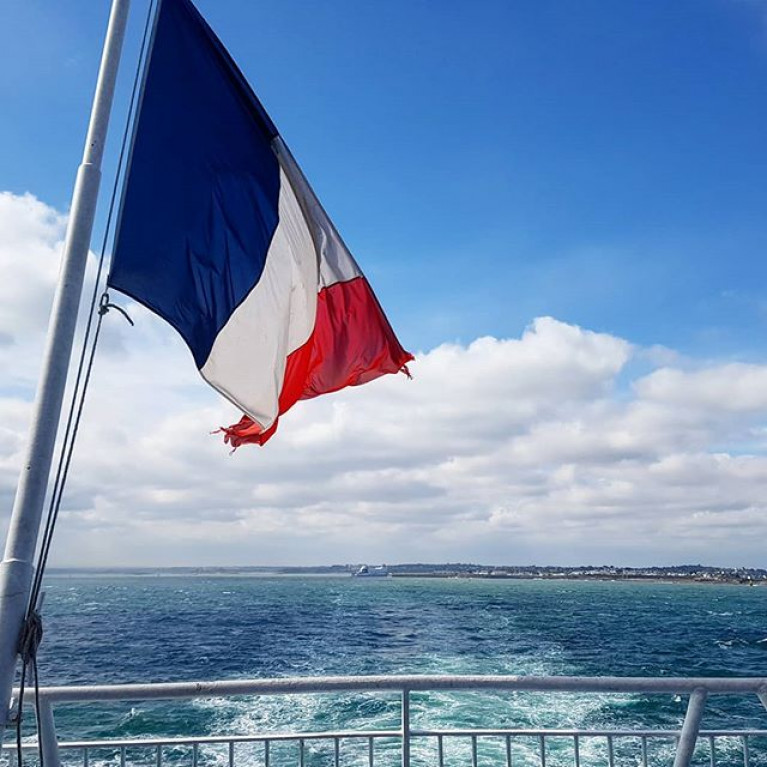Brittany Ferries president, Jean-Marc Roué, has welcomed the French government’s announcement that it will extend exceptional aid of €45 million to the Brittany-based shipping company.
For over a year, Brittany Ferries has warned the French state of its deteriorating financial situation as it has battled the Brexit and Covid crisis. In particular, the closure of passenger ferry services on the English Channel, a direct consequence of travel restrictions put in place by various European governments to control the Covid pandemic, has had a massive impact.
Support first came to the company last year in the form of government-backed loans issued by French banks to the tune of €117m. The company was further supported by the regions of Brittany and Normandy. It was therefore able to rely on its resilience for nearly two years, in the face of the double storm of Brexit and Covid.
However, significant accumulated losses made it impossible to resort to further loans to guarantee a return to growth. Brittany Ferries, which is the largest employer of French sailors as well as being a vector of economic and tourist development of the Brittany and Normandy regions, had no other recourse than seek reimbursement for the damage suffered as a direct consequence of the forced closure of passenger services.
“Since the spring of 2020, I have relentlessly warned the French government of the need for specific support for our sector, on cross-channel services,” said Jean-Marc Roué, president of Brittany Ferries. “So I would particularly like to thank the President of the Republic, Emmanuel Macron, for the warm support for our company and our seafarers announced, forcefully, at the Assises de la Mer last September, at the conclusion of the Fontenoy du Maritime, as well as the Prime Minister, Jean Castex.
“I cannot forget what we also owe to the ministries concerned, and more particularly Annick Girardin, Minister of the Sea, and of course Jean-Yves Le Drian, Minister of Europe and Foreign Trade, for their unfailing support, without forgetting that of our friends, deputies and senators from Brittany and Normandy. Thanks to them, our company has regained the equity necessary for its recovery. After the time of resilience comes the time of competitiveness.”



























































